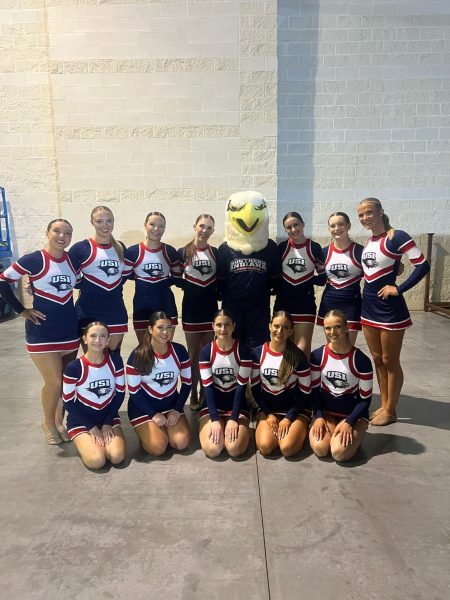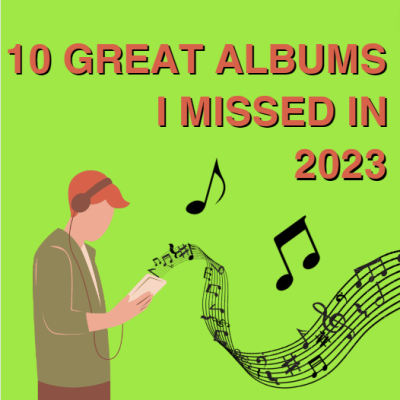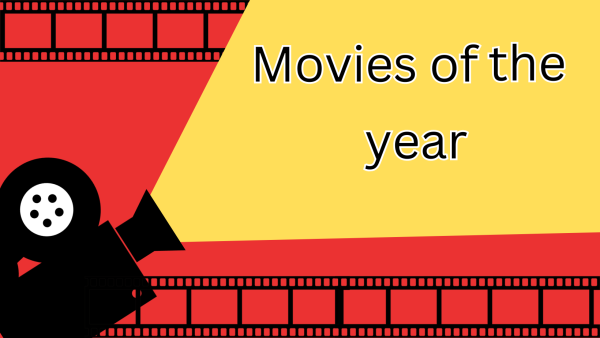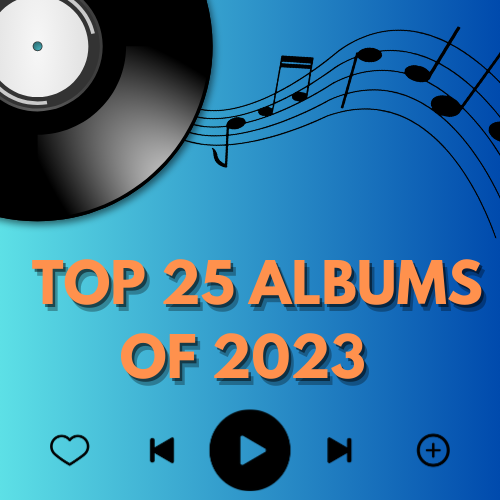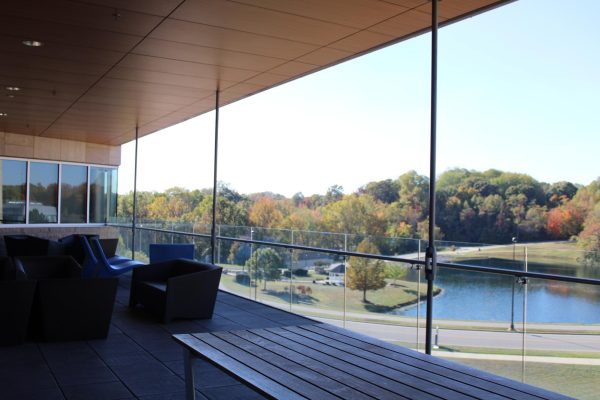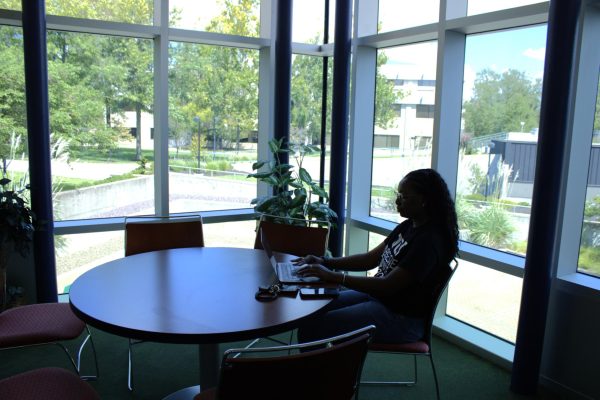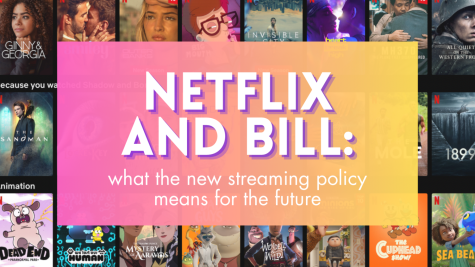Cut the confidentiality
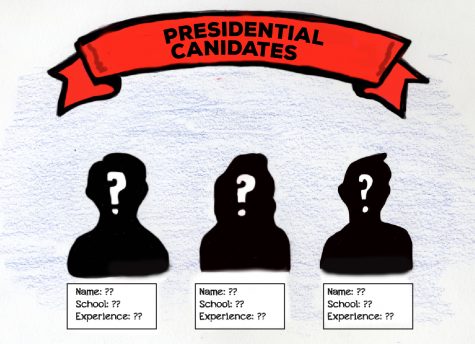 Illustration by Megan Thorne
Illustration by Megan Thorne
In an interview previously reported in The Shield, president Linda Bennett said people trust USI. She cited stability as one of the university’s number of strengths, and throughout her presidency, created open dialogue about a number of issues.
Bennett is almost halfway through her last semester as president. Between then and now, the presidential search committee says they have “received and reviewed credentials on well over 90 individuals.”
Harold Calloway, chair of the Board of Trustees, stated in an official update that the committee has been “aggressive and thorough” in reviewing the potential candidates for the top job at this university. The statement said the first round of interviews would be starting shortly. However, the committee and Board of Trustees have been significantly less transparent during this presidential search than the one that found Bennett in 2009.
As the committee narrows down these candidates, the university will go from these 90 individuals to several, and then to one. Historically, the public has been able to see the most important parts of this presidential process. When searching for a president in 2009, the university made the order of the applicant’s interviews public.
Anyone could attend open meetings with the candidates and actively participate in the process of picking the next president. The Shield was able to run a front page with the top three candidates and their positions for people to evaluate.
The community had a distinguishable voice in the process. This time, the power is all in the hands of the search committee, from 90 candidates to one. Of the committee’s 15 voting members, more than one-third is comprised of university trustees.
Only one student, Anjali Patel, serves on the committee. She’s also a university trustee. This committee gives one voice for 11,033 students who either attend courses or are enrolled in dual credit through USI.
There are no representatives from the College of Nursing and Health Professions, the college with the highest enrollment to date according to the 2017 University Factbook. This committee provides no voice for the 2,381 students and 135 faculty in Nursing and Health Professions.
This community not only cannot participate in open meetings with candidates, but the closed-off committee doesn’t even have someone designated for one of the largest groups affected in these conversations. The community not only cannot say anything about the potential next president and be heard, but it will not even know who the candidates are until one day we have our next leader.
Calloway stated the board has “attempted to be as transparent as possible,” but simply cannot release the names of candidates because of “confidentiality.”
In 2009, The Shield was made aware that then provost Bennett was running for a presidential position at another university. The Shield asked the president at that time, Ray Hoops, if he was aware of her interest in another university’s position. He essentially told The Shield he was aware and wished her the best.
Nothing detrimental happened to Bennett or her career because she was open and honest. She, of course, ended up taking the top job here, but she was transparent and made clear her intentions to everyone who needed to know.
The Shield argues that we, the community, are the people who need to know. After evaluating the transparency seen in the previous presidential search, which can be argued as quite successful, the benefits outweigh the costs of revealing candidates’ identities.
If the university reveals candidates and the public or the media find something problematic about an individual, should he or she really be president to begin with? If the community cannot speak now, it cannot affect change in the presidential process.
It’s looking like the process will be closed off, contained and confidential to the end. This person could be making decisions on the entire university’s behalf for 10 years, 20 years or 30 years.
More voices from people invested in this community should have a say in who this is. Calloway states the committee “appreciates the trust that has been placed” in the group, but is trust deserved?
“Attempting” to be transparent isn’t the same as being transparent. The community deserves better.

